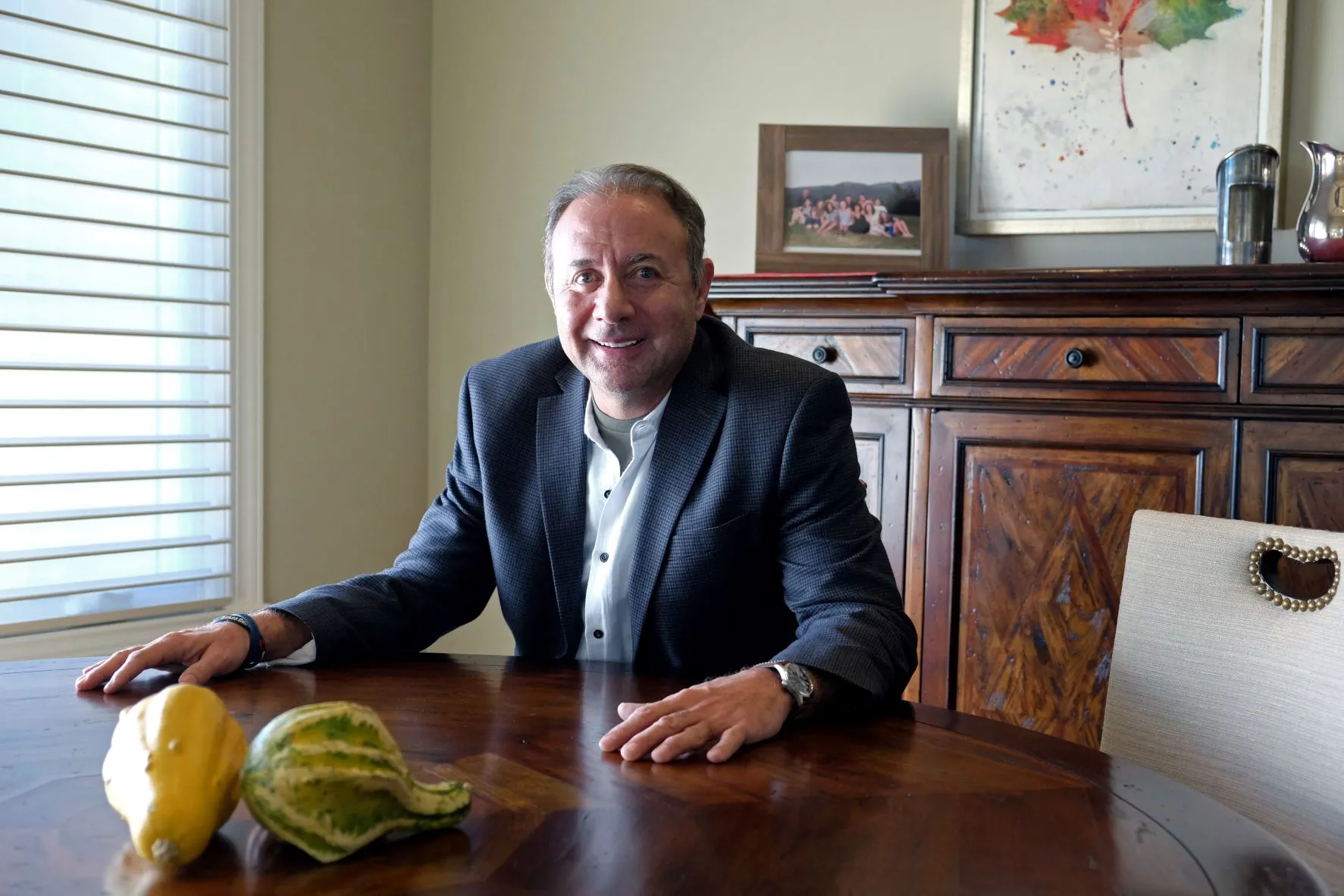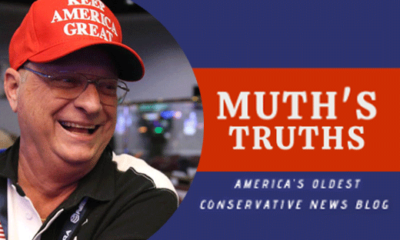(Guy Nohra) – Shortly after taking office earlier this year, Nevada Gov. Joe Lombardo noted that “economic development matters” and declared that “Nevada is back open for business” after being neglected by the Sisolak administration for four years.
In general, I’m opposed to any governmental interference in business matters, but when it comes to wooing new and different businesses to Nevada, I am all for attracting the best and brightest to our state.
Which brings me to the Governor’s Office on Economic Development (GOED).
Over a decade ago, the Nevada Legislature created GOED for the purpose of negotiating tax-reduction packages – in legislative-speak, “abatements” – in return for setting up shop and creating new jobs in Nevada.
It’s worked as designed. In 2014, Tesla chose to open a battery manufacturing plant in northern Nevada in exchange for $1.4 billion in tax breaks over ten years – including reductions in the sales tax and waiving payroll and property taxes.
But now State Sen. Dina Neal (D-Clark) wants to fix what is not broken.
She’s proposed a bill (SB394) that would limit GOED’s ability to grant abatements in excess of $500,000, maintaining “the power to abate should come back to the Legislature.”
What is the rationale for $500,000? And why would the 63 legislators do a better job than the professionals at GOED?
In a highly competitive marketplace, I don’t understand the need to hamper Nevada. If anything, we need to be more creative than Texas, Arizona, Tennessee, etc., in attracting new industries to our state.
Our proximity to California is a huge competitive advantage that I would hate to waste because of an aversion to abatements.
Last year, according to an article in the Nevada Current, GOED approved over $85 million in tax abatements to 36 companies; 19 of which were for $500,000 or more. Those tax concessions led to over a billion dollars in capital investments and created almost 3,500 jobs that, on average, pay just over $28/hour.
Pretty good return on investment for the state. But Sen. Neal complains about giving “$200 million, $500 million to a billionaire.”
For her information, no one is giving anyone anything. These incentives go to a company that can set up shop in any state that pursues it. Let’s not fall for the politics of envy and lose track of the stakes: Well-paying jobs and risk diversification from tourism and hospitality.
Given the bi-annual nature of our legislative process, waiting for the Senate and Assembly to be in session before awarding abatements is unrealistic, at best. Companies are not managed around legislative sessions. They have businesses to run.
There’s an old saying about he who hesitates.
As Sen. Heidi Gansert (R-Washoe) noted, “The speed to which we can compete with other states is critically important.” And compete with other states we are.
“I can tell you with 100% certainty that the Tesla truck factory in the latest expansion was set for Texas and would not have been here in Northern Nevada but for the abatements,” GOED Executive Director Tom Burns told the Nevada Current.
“I was here for Tesla 1,” added Mike Kazmierski, the outgoing CEO of the Economic Development Authority of Western Nevada (EDAWN). “I was here for Tesla 2. In the room, they were going to Texas, and we turned them around by offering the same abatements. Those two deals were sought after by 50 states and other counties.”
“Most other states have substantially more resources, more authority, and more generous programs than I had available to me in Nevada,” added former GOED director Michael Brown.
In a statement voicing opposition to the bill, GOED defended its mission and its success…
“At a time when Nevada has a golden opportunity to attract companies looking to leave neighboring California and bring high paying jobs and millions of dollars in capital investment, this legislation would be a significant setback to Nevada which is competing directly with neighboring states to attract industry, and this would prevent us from being relevant globally.
“Other states currently offer much more enticing incentives than Nevada. Although our economy has begun to recover, there is no guarantee this will continue. When companies look to move to the Southwest, they are also considering Arizona, Utah, and Texas.
“After Nevada suffered through the highest unemployment rate in the country during the pandemic, and to this day has the highest unemployment rate in the country in southern Nevada, we shouldn’t be removing tools, delaying new businesses from moving into the State, and signaling that Nevada is not open for business.”
If Sen. Neal wants to eliminate GOED entirely – and I am not sure why she would – then she and her colleagues can debate that issue separately.
Under Gov. Lombardo, Nevada is indeed back open for business. Let’s not allow Sen. Neal and others to close it back down.
Mr. Nohra is a venture capital investor and former candidate for governor of Nevada







Facebook
Twitter
Pinterest
RSS